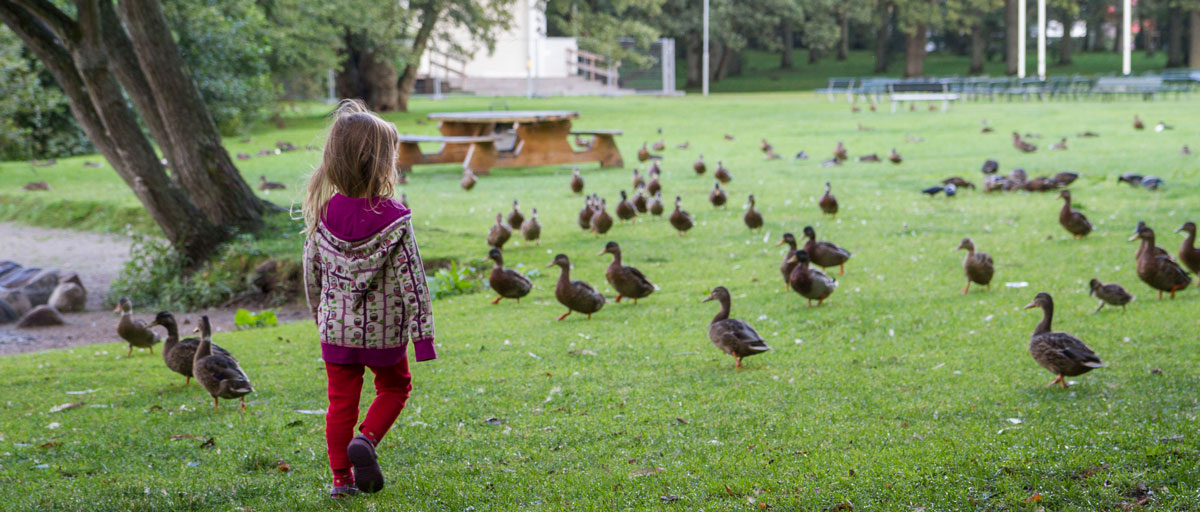Exploring the social-ecological systems discourse 20 years later
Summary
This paper explores the 20-year evolution of the social-ecological systems framework (SESs). Although a first definition of SES dates back to 1988, Berkes and Folke more thoroughly used the concept in 1998 to analyze resilience in local resource management systems. Since then studies of interlinked human and natural systems have emerged as a field on its own right, promoting interdisciplinary dialogue and collaboration in a wide set of fields and practices.
As the SES concept celebrates its 20-year existence we decided to make an overview of how authors use the concept in relation to research that deals with social and ecological linkages. Hence, we conducted a review of the SES concept using the Scopus database, analyzing a random set of journal articles on social-ecological systems (n = 50) regarding definitions of SES, authors’ main sources of inspiration in using the concept, as well as document type, subject area, and other relevant information. Although there is a steady increase of SES publications, we found that 61% of the papers analyzed did not even provide a definition of the term social-ecological system(s), a shortcoming that makes case comparisons difficult and reduces the usefulness of the concept. We also found three common SES frameworks that authors seem to be most commonly inspired by, referred to here as the original, the robustness, and multitier frameworks, respectively. The first can be characterized as a descriptive framework, the latter two more as diagnostic frameworks, useful for modeling.
Although it would be a bit presumptuous of us to come up with a more thorough definition of the SES concept in this paper, we urge SES scholars to be more meticulous in making explicit what they mean by a social-ecological system when conducting SES research.







